You want to see Switzerland. We all do. The mountains, the lakes, the cheese and chocolate, yes yes. Plus there are watches and army knives involved. But the country is prohibitively expensive, and you don’t have a secret Swiss bank account to cover it. I’ve traveled to expensive places like Japan and Iceland and the rest of Scandinavia, and I think Switzerland beats them all. How does one travel to Switzerland cheaply?
Business Insider rated Switzerland the most expensive country in the world to visit. Geneva and Zurich are consistently rated two of the most expensive cities in the world.
The costs of traveling have some large categories, such as transportation, accommodation, and food. There’s only so much you can do for transportation, but Switzerland does have a huge variety of transport passes. Saving money on accommodation is somewhat self-evident, just stay in cheaper hotels or hostels, but there are a few other options. It’s food where Switzerland has the most economic choices.
The German part of Switzerland is the most expensive, then the French, then the Italian. Not sure about the Romansch part. Wintertime rates there can be just as high as summer–go in the shoulder season.
[Note: All prices listed here are in Swiss francs, as of August 2018. Check for current prices on things like the transportation passes. As I write this, one Swiss franc equals almost exactly one USA dollar or 0.86 Euros. One can mostly get along using credit cards, meaning you need not change too much money into francs.]
Accommodation
Clearly, the lower you go, the more savings. No one has to explain this. If you want a normal, average, en suite hotel room, nothing fancy, expect about 150 francs a night as a base rate. Cities like Zurich and popular places are obviously more.
Book early or late. My strategy, Switzerland or almost anywhere, is to look for the best deal right now, and then reserve something online that is cancelable. Then, keep looking for a better deal and then cancel your first choice. Rates and occupancies change. I’ve canceled and re-booked the same hotel on the same site before, when the rates changed. A few days before you leave for Switzerland, check again on the same sites or on budget sites such as Rooms.ch to see if there are last-minute deals, as there often are.

If you want a decent hotel in Switzerland, you’ll pay for it.
Switzerland is a great place for AirBnB and VRBO type of sites, especially in expensive areas such as Berner Oberland. If you’re parking it there for a while, absolutely check out apartment rentals. Having a kitchen will also let you cook, saving much more money. If you want to get more rustic, check out the Agrotourismus website, letting you stay on working farms. This is a growing trend in Europe.
The level of accommodate and cleanliness in Switzerland is quite high. You don’t have to worry much that lower priced hotels, hostels, or any sort of flophouse-type accommodation is too dirty or unsafe.
Transportation – passes
Switzerland offers a dizzying (really) array of transportation passes, starting with an all-inclusive to a flex pass (certain days) to passes for certain regions only to a half-price pass, the last one a strange concept. If you’re going to more than three places in the country, and especially to a mountainous area like Jungfrau where you’ll be using the high-mountain trains and lifts, a pass will probably benefit you. It seems that few people visit Switzerland for more than a few days without getting some sort of pass.
You have to think this through. Don’t buy any type of pass until you really know your travel plans, or you’ll buy the wrong thing.
The Swiss Travel Pass, the all-inclusive, unlimited travel pass is great and comprehensive but crickey, awfully expensive. It’s great because it also includes admission to damn near every museum in the country, large and small. How splendid, but you’re not in Switzerland for the museums, are you? Its problem is that it doesn’t completely cover the high-mountain trains and lifts, only giving you half-price on those, or even only 25% for the very high ones such as the Jungfraujoch. The other problem is frak me, it’s expensive, and you’re not going to be traveling so far every single day. Just for three days, a pass is 225 francs (second class of course). For eight days, it’s 398 francs.
The Flexipass covers a certain number of days in a certain period, such as any four days within a month. To make this work, you need to have a defined advance travel plan. Count your travel days within your stay, and calculate what they’d cost without a pass. Maybe some days you’re just traveling a little and it’s not worth using up a pass day then. It covers museums as well, but only on those travel days, meaning that you’ll want to plan to take the train to Zurich in the morning and go to the Swiss Museum that same afternoon. This pass also not cheap—four days within a month is 310 francs.
The regional passes, such as to the Berner Oberland or the Zermatt area, seem rarely worth it, unless you’re pretty much only going to those regions. Even then, another generic pass might be better. A Berner Oberland 4-day pass is 250 francs. It’s useless to combine a country-wide pass with a regional pass.
The Swiss Transfer Ticket covers two train rides within a month, one from any point of entry to the country to a Swiss city and another back to any border. No detours, and it must be done on the fastest, most direct train. This is confusing as hell and it is not even remotely cheap.
The Half-price pass is the one I used. It’s great because it lasts a month (though no one can afford to stay in Switzerland for a month except millionaires, who will no longer be millionaires after a month there) and it applies to nearly everything, including the high-mountain trains and lifts. It’s a strange concept, paying money up front to get a discount later, but it ultimately saved money. You still buy individual tickets, just choosing the half-price option at the kiosks. For one month, valid every day, the Half-price pass is 120 francs.
To buy any pass, go direct to the SBB website. Don’t buy it through another website that will impose a surcharge. Choose the “print at home” option and print out about three copies of it, just in case you lose one, or two.
A Swiss railways man I talked to in Zurich recommended getting the first-class pass, to give you more room. That’s about 80% more. I just stared at him. I’m not tiny, and my wife and I were traveling with luggage, but we never had problems going second class with the rest of hoi polloi.
When you have a pass, any pass except that transfer ticket, whip it out before paying for nearly everything, to see if there’s a discount. This includes any transportation including funiculars, cable cars, and boat rides. Museums and attractions may be discounted or even free. Ask. Carry the pass around with you everywhere. Since it’s in your name, you may be asked for ID when using it.
If buying tickets without any pass, look for the “Supersaver tickets” directly on the SBB web site. These are limited and thus sell out, so look for them as early as possible after making your plans.
In many Swiss cities, such as Lucerne and Lausanne and Bern and Basil, your hotel tax gives you a local transportation pass, good for the subway or buses in the area. If you’re not offered one, yes yes ask. If you have a Swiss Travel Pass, you’re covered anyway. The local pass may also give you discounts for other things, even some restaurants. The area of Ticino has a local pass that is the most extensive of all.
If you’re traveling to other Euro countries as well, consider EuroRail passes, but that gets even more complicated, as you must choose how many countries, how many days, and ah hell, you’re on your own with that.
Many cities such as Zurich, Bern, Geneva, and Neuchatel have free bikes to use, usually with a time limit of about two hours. They’ll ask for a deposit (about 20 francs) and an ID. Just google “bike station” plus the city name to find one.
Food
I will posit that one doesn’t travel to Switzerland for the food. Its canonical dishes are remarkably simple concoctions. Things like fondue (melted cheese in a pot), raclette (melted cheese on a plate), and rosti (cooked shredded potato with some toppings), are all food that you can make at home for one-eighth of the price, plus you can jazz them up how you like. In a Swiss restaurant, each will cost you between twenty and thirty Swiss francs per person.
Do you want to spend fifty dollars on dinner when all you get with your fondue is bread, and when you have no hope of finishing all that cheese? Or shall you wait to get home (here’s a recipe. Fondue is easy. Here’s another one) where you can eat it with bread, apples, potatoes, meat, and veggies? Plus, you can throw mushrooms and caramelized onions into the cheese, some chopped rosemary, a splash of kirsch, some mustard, and lots of pepper. I have put some thought into this.

Any restaurant will cost you at least 25 francs per person. No, that’s not me in the photo — that’s an older guy who can afford such places. And he’s the only one.
As for other food, yes, you’ll find lots of German-style meat dishes, there’s pizza and pasta, and occasionally some fish. A pizza will be 20 francs, pasta about 25, and meat 30 and up. Switzerland is one country where switching to non-local food, such as Chinese or Thai, isn’t a budget option. There are lots around, but even a Pad Thai will be 20 francs and other stuff just as expensive as Swiss food.
My wife and I ordered stir-fry noodles with vegetables one night in an Asian place in Interlaken. 9.5 francs. We thought we would split it, that it would be our starch that evening. It arrived in a small bowl, the type you’d use for soup. We stared, aghast at its smallness.
Switzerland is also sorely lacking in independent fast food joints, the only exceptions being the kebab places doting the cities. Still, a shawarma there is eleven francs, and even a falafel wrap is about nine. Add a drink and a salad and you’re looking at fifteen. Add some french fries for eight francs more. Occasionally, you’ll find a gem, such as the Noodle Bar in Interlaken (right next to the, uh, Hooters. And owned by the same person), where a large plate of Thai food is only eleven francs.

This was my lunch every day, a sandwich made and packed from the breakfast buffet.
Your first strategy is that your hotel breakfast = lunch. Don’t skip breakfast if your Swiss hotel includes it. If it’s extra, they’ll probably charge you about twenty francs, and it may be worth it. The breakfast will be typically Euro, with breads, cheeses, meats, along with eggs, cereals and jams and yogurt. Nothing fancy. But the breakfast buffet also provides lunch to, in my estimation, about half the travelers there.
Every morning in Switzerland, we and seemingly everyone else in the breakfast room not only stuffed ourselves on the buffet but also grabbed food for lunch. We constantly saw people making and packing away sandwiches, not making much effort to be discrete. If you have a thermos, you can possibly even grab some coffee or tea to go. Every day we packed sandwiches, hard-boiled eggs, packs of camembert, fruit, and some yogurt, which not only gave us a late lunch but ensured we didn’t need much for dinner.
Besides this, learn to look for the stores Co-op and Migros. These places sell prepared foods, starting with sandwiches and salads for a few francs, but also microwavable full meals for about eight francs. Department stores such as Manor have cafeterias, usually on the top floor, that are loads cheaper than restaurants. The sandwich stands in or near the train stations are open later than everyone else.

From the cafeteria on the top floor of a department store. Much cheaper than restaurants.
Tap water is safe to drink all through Switzerland, but the public fountains are even better. They are checked carefully, and the water in some places is delicious. Don’t waste money and plastic on bottled water. Bring your water bottle into any restaurant as your beverage, as so many places charge a bit even for a glass of tap water.
Don’t do your drinking in a restaurant. This is a money-saving tip all over the world, but Switzerland is one place where I bought my wine and beer in grocery stores and drank it on my hotel terrace or on some riverbank.
If you’re doing some of your own cooking, hit the supermarkets after 5:00 p.m., when they discount some of the food that’s close to expiring. The cheapest grocery stores are Aldi and Lidl.
And another modest proposal…
Finally, one way to save money on a Switzerland trip is to not go to Switzerland. Yeah. Stay with me here. Think of why one travels to Switzerland. The mountains, the lakes, the cheese and chocolate, yes yes. But you can get all those things in the slightly cheaper countries around Switzerland, and thus avoid the Swiss prices. The Alps aren’t confined to the Swiss border. All around Switzerland are mountainous areas with skiing, hiking, and great views. Unless you want a particular place like the Jungfrau region or St. Moritz in Switzerland, consider other countries.
The alpine areas of France, Germany, Austria, and Italy aren’t so cheap either, but they can be combined with other travel in those countries, and I’ll submit that they are each more interesting than Switzerland. Cheese and chocolate are good throughout Europe, and the food is more interesting outside of Switzerland than in it. (This is the country that invented instant coffee, processed cheese, and milk chocolate, for frak’s sake.) A few years ago, I spent a day driving through the Alps in northern Slovenia, near the Austrian border, in what’s called the Julian Alps. Not as dramatic as the Jungfrau, but wonderful, and I could drink cheap wine and eat decently afterwards, which I couldn’t do in Switzerland.

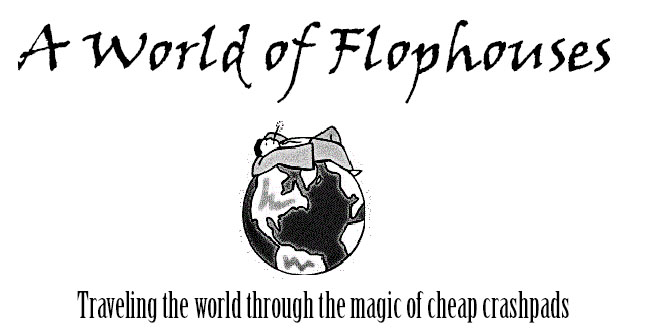
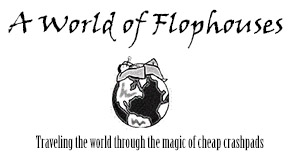
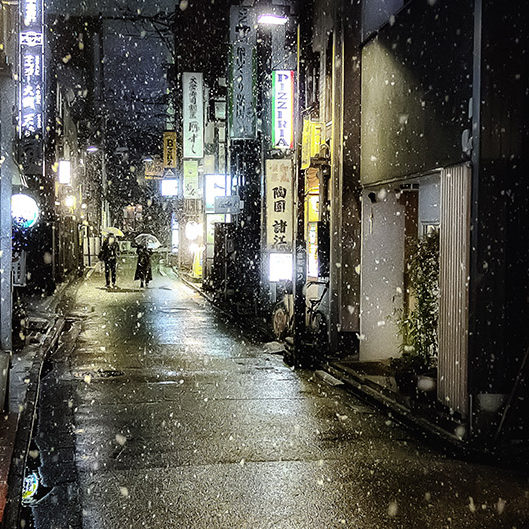
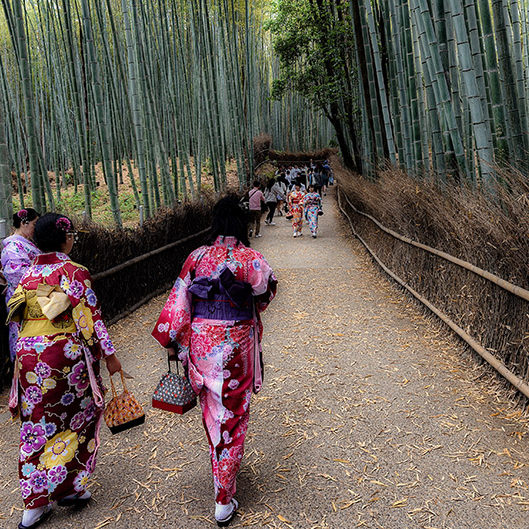
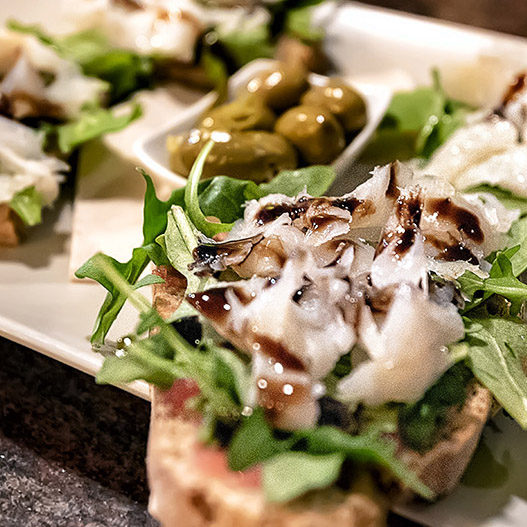
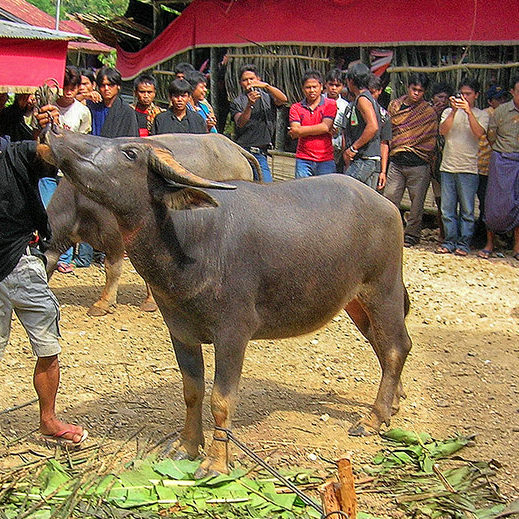
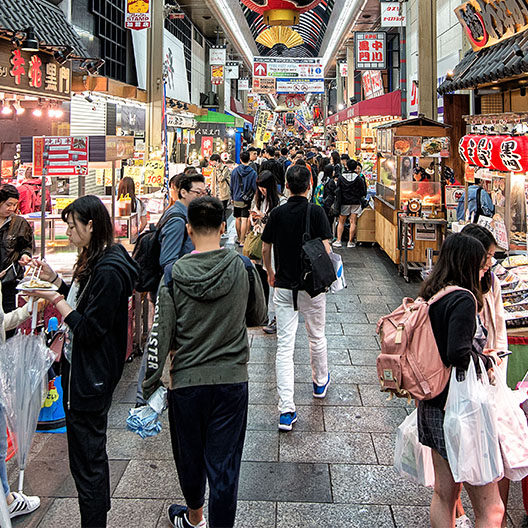
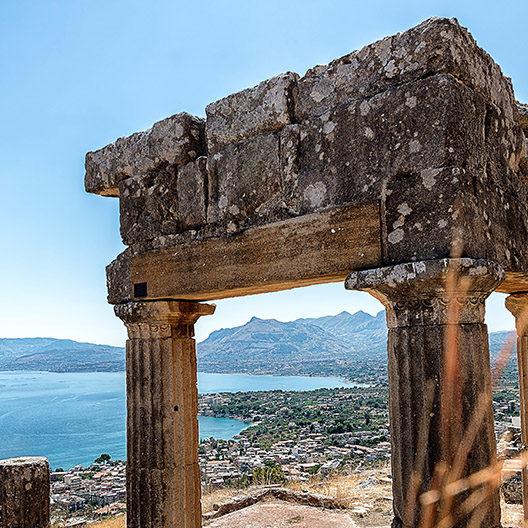
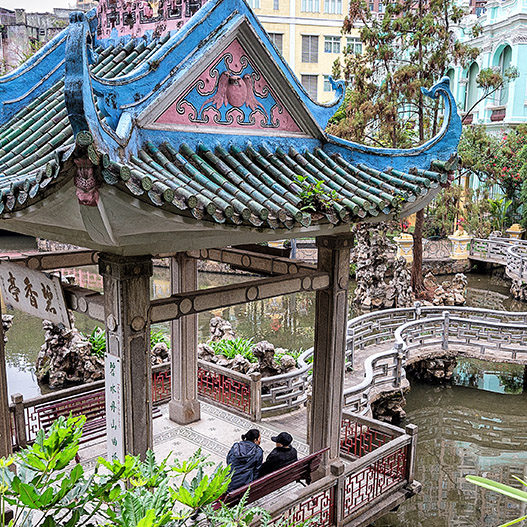
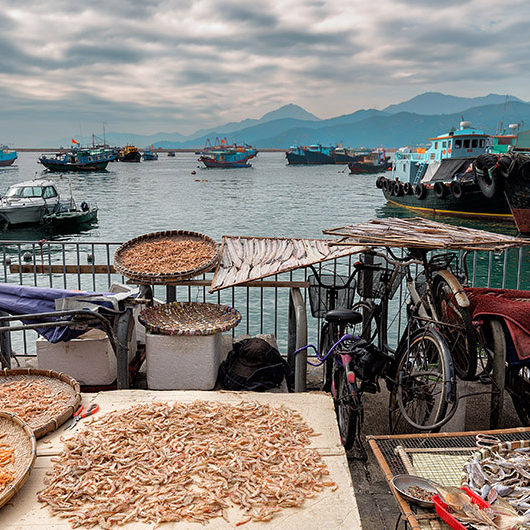
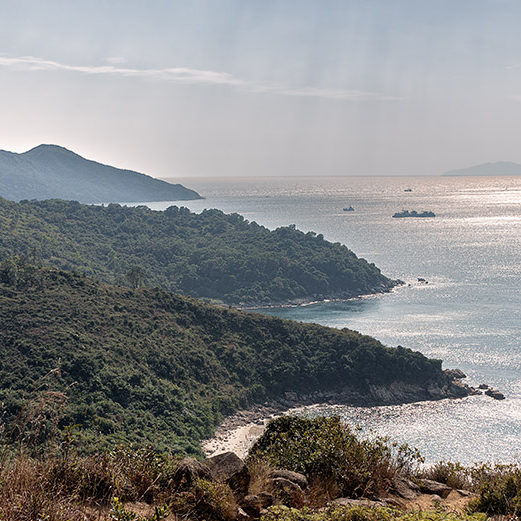
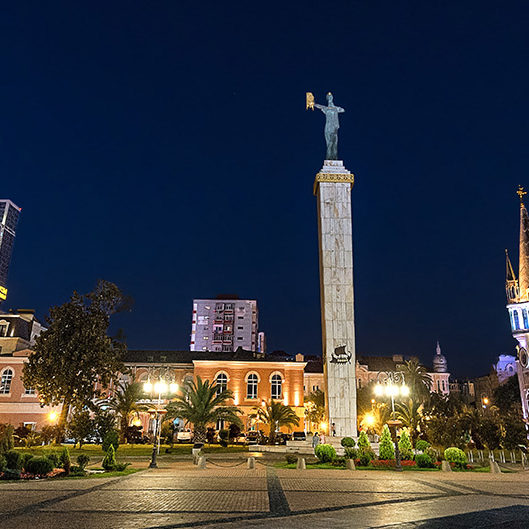
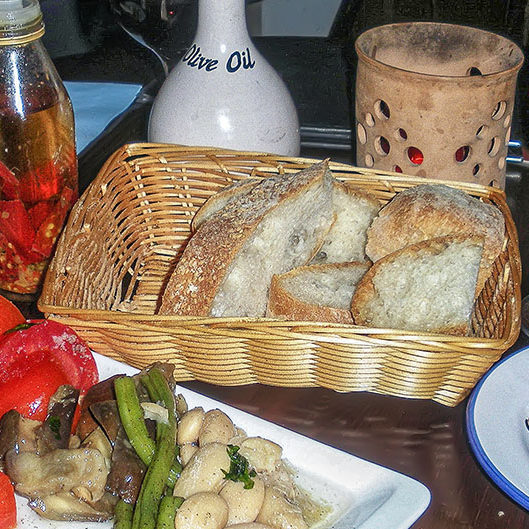

Interesting to know about Switzerland! I may just enjoy the mountains from Slovenia or Austria!!
Slovenia certainly has better, and cheaper, food!